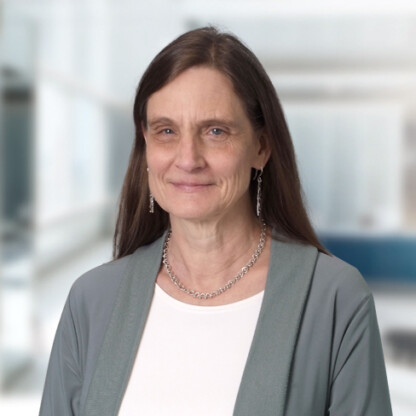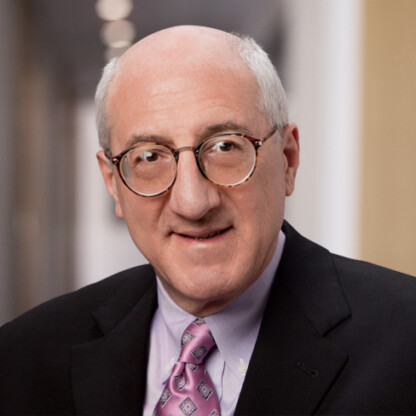Foley and Deloitte invite you to an afternoon discussion on Derivatives Clearing and Why Knowing It Matters. Designed for legal, treasury, and finance professionals, the program will discuss why we believe it is important for derivatives users, such as investment and retirement funds, utilities, and companies in the manufacturing, energy, agriculture, and food industries, to understand trading derivatives and how the clearing mandate applies to and could impact their activities.
The programs will provide a practical overview of the clearing framework and a background for the decisions you will face in implementing, or choosing whether to elect to implement, derivatives activities in a clearing world. Specific topics for this program include:
- An overview of the principal players in the clearing process, their various roles, and how end-users are expected to interact with them
- Various regulatory, credit, contractual, and operational considerations for end-users as you consider which clearing parties to work with and, if given a choice, whether to clear certain products or continue to trade under bi-lateral credit support arrangements
Panelists
- Kathryn M. Trkla, Partner, Securities, Commodities & Exchange Regulation Practice and Swaps & Derivatives Practice, Foley & Lardner LLP
- David M. Reicher, Partner, Finance & Financial Institutions Practice and Swaps & Derivatives Practice, Foley & Lardner LLP
- Michael P. Jamroz, Partner, Deloitte & Touche LLP
- Ricardo P. Martinez, Principal, Enterprise Risk Services Department, Deloitte & Touche LLP
If you have any questions regarding this event, please contact Elie Harris at 407.244.3220 or [email protected].
Foley & Lardner LLP will apply for CLE credit after the program, wherever applicable. Foley & Lardner LLP certifies that this activity has been approved for California MCLE credits by the State Bar of California in the amount of three General credits. Foley & Lardner LLP is a State Bar of California MCLE approved provider. Please note that participants must be in attendance on the date of the event; credit may not be obtained by viewing and/or listening to a program recording after the event.

